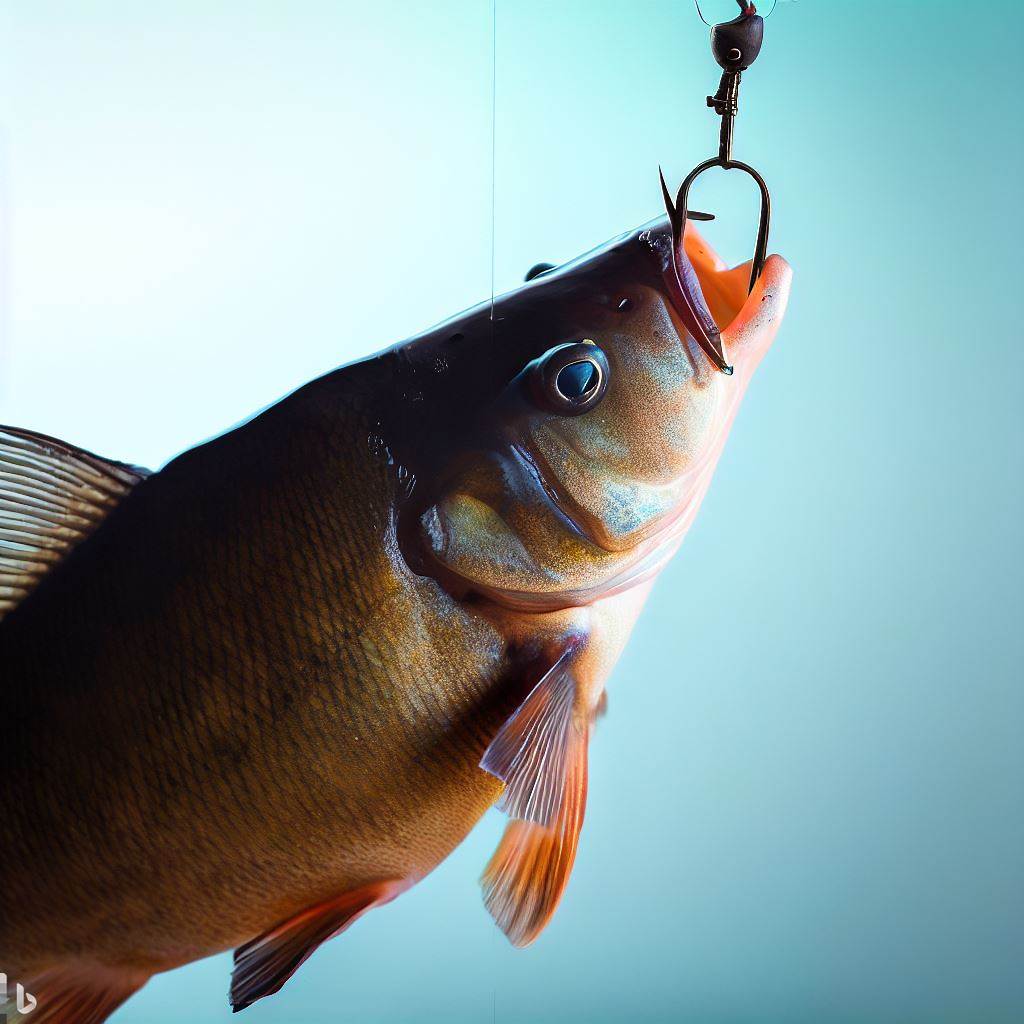Best weather for tench fishing

Before we delve into the best time of day for tench fishing, it's crucial to understand the nature and behavior of these remarkable freshwater fish. Tench, scientifically known as Tinca tinca, are known for their elusive and cautious nature. They thrive in slow-moving or stagnant waters, such as lakes, ponds, and canals, and are predominantly active during warmer months.
Factors Affecting Tench Activity
To optimize your fishing expedition, it's essential to consider the various factors that influence tench activity. By understanding these elements, you can determine the best time of day to catch tench and increase your chances of a successful fishing trip. Let's explore the key factors that affect tench behavior:
Water Temperature
Tench are cold-blooded creatures, meaning their activity levels are heavily influenced by water temperature. As the temperature rises, their metabolism increases, leading to heightened activity. For optimal results, aim to fish when the water temperature ranges between 15°C (59°F) and 20°C (68°F). This temperature range typically occurs during the spring and summer months.
Weather Conditions
Weather conditions play a significant role in tench fishing. Ideally, choose a day with stable weather patterns and minimal fluctuations in temperature. Tench tend to be more active during overcast or slightly cloudy days, as they provide cover and reduce visibility for these cautious fish.
Time of Day
While there isn't an absolute rule for the best time of day to catch tench, there are certain periods when they tend to be more active. Early morning and late evening are prime times to target tench, as they are more likely to venture out in search of food during these low-light periods. Additionally, fishing during twilight hours can yield excellent results.
Techniques for Successful Tench Fishing
Now that we've covered the fundamental factors affecting tench activity, let's explore some tried-and-tested techniques to optimize your fishing experience and increase your chances of a successful catch:
Selecting the Right Bait
Tench have specific preferences when it comes to bait. They are particularly fond of natural offerings such as maggots, worms, casters, and sweetcorn. Experiment with different bait options to identify the most enticing choice for the specific location and time of year. Keep in mind that tench have a sensitive feeding response, so using fine hooks and light lines can significantly improve your success rate.
Choosing the Ideal Fishing Spot
When it comes to tench fishing, location is key. Look for areas with dense aquatic vegetation, such as lily pads or reed beds, as these provide cover and attract tench. Pay attention to any signs of tench activity, such as bubbling or movement in the water. By identifying their feeding grounds, you can position yourself strategically to maximize your chances of a catch.
Employing Feeding Techniques
Tench are known for their cautious feeding behavior. To attract and hold their attention, consider implementing pre-baiting techniques. Pre-baiting involves introducing small amounts of bait into your fishing spot over a period, conditioning the tench to associate the area with a food source. This method can significantly increase your chances of success when combined with the right bait and fishing spot.


